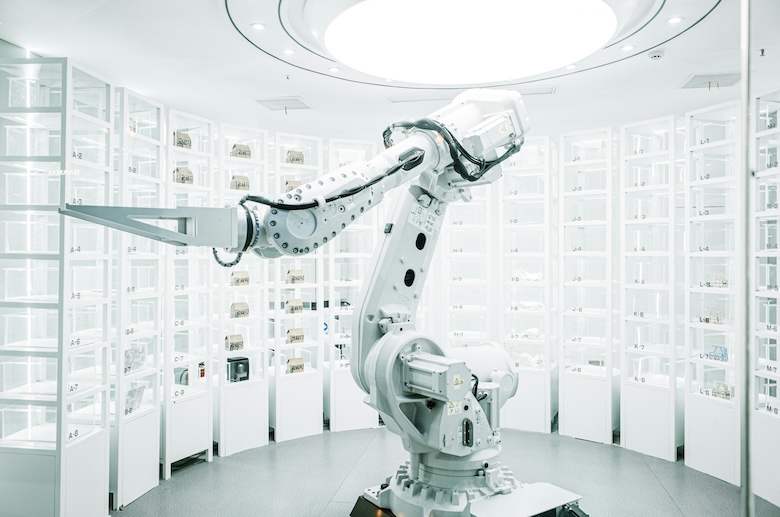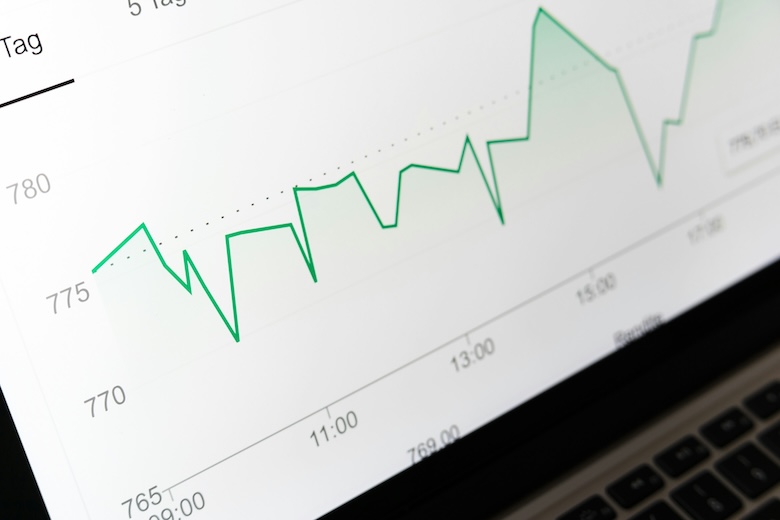
Robotics is a multidisciplinary field that encompasses the ideation, creation, production, and operation of robots. A robot is a machine capable of executing tasks that can range from simple, repetitive actions to increasingly intricate operations, either independently or under human supervision. The term ‘robot’ originates from the Czech word ‘robota,’ translating to ‘forced labor.’ Robotics includes various categories of robots such as industrial robots utilized in manufacturing processes, service robots for household tasks and healthcare services, and medical robots used in surgical procedures and diagnostics. This field integrates elements of engineering, computer science, artificial intelligence (AI), and machine learning. It finds its applications in sectors like automobile production, healthcare services, aerospace industry among others.
The International Federation of Robotics (IFR) is a non-profit professional organization dedicated to promoting and safeguarding the global robotics industry. It functions as a hub for disseminating information, fostering idea exchange, and facilitating networking opportunities for international participants in robotics. The IFR also offers market data on emerging technologies and trends while shaping public perception about the positive influence of robotics on economic growth and dispelling apprehensions about technology. Furthermore, it organizes events and conferences to encourage knowledge transfer and support worldwide advancements in robotics.
Robotics is an ever-evolving field with continuous advancements being made in consumer robots, humanoid machines, drones, and automation systems. The future trajectory of robotics is intrinsically tied to the progression of AI which holds significant implications for diverse industries. Advanced AI equips robots with enhanced autonomy enabling them to manage complex tasks effectively. For example, drones could potentially deliver packages without any human interference while robots could participate in more sophisticated human-robot dialogues using generative AI tools.
Applications of Robotics
Industrial Application of Robots:
In the manufacturing industry, robots are widely utilized in various processes such as spot welding, arc welding, spray painting, polishing, grinding, routing, assembly, and inspection. These robots handle tools to perform tasks like spot welding on automobile bodies, positioning welders against frames and panels in vehicles, moving welding rods along seams for welding purposes, and spraying paint guns over surfaces. They are also used in assembly work and inspection due to their cost-effectiveness compared to human labor.
Role of Robots in Healthcare:
Robots have a significant role in the healthcare sector where they assist with surgeries like hip and knee replacements. For example, Stryker’s Mako robot uses 3D imaging technology combined with smart robotic arms and data analytics to deliver more predictable surgical outcomes. Similarly, robots like Intuitive’s da Vinci Robot aim at simplifying procedures while enhancing accuracy which helps reduce infections and complications. Robotic assistants are also helpful during orthopedic surgeries and minimally invasive torso surgeries.
Agricultural Robots:
Robots contribute significantly to agriculture by addressing labor shortages and worker fatigue while promoting sustainability. These robots monitor plant levels (nutrients, water sunlight), minimize waste and water usage while automating slow repetitive tasks like utility platforms phenotyping harvest picking sorting packing weed control autonomous pruning mowing thinning seeding spraying. However there are challenges in automating certain tasks like harvesting picking due to the need for precise vision systems that can accurately locate objects.
Social Robots:
Social robots find increasing use across various sectors for applications such as employee training by simulating social situations unbiased recruitment by eliminating biases during interviews medical screening by raising awareness for early diagnosis assisting children with autism providing support teaching assistants addressing teacher shortages receptionists enhancing visitor experience safety improvements especially during COVID-19 pandemic.
Manufacturing Mobile Robots:
Mobile robots provide several advantages in manufacturing processes such as making work more ergonomic for human workers by efficiently handling tools or materials. They can autonomously navigate in complex environments like warehouses with diverse inventory layouts. Mobile robots also enhance safety by reducing risks associated with hazardous tasks or dangerous equipment. Moreover, they improve process agility by adapting to changing product flows and environments more effectively than fixed conveyors.
In summary, robotics have a wide range of applications across industries from manufacturing to healthcare and agriculture. The combination of artificial intelligence with robotics has led to the creation of advanced autonomous systems that automate tasks efficiently while enhancing safety and productivity.

